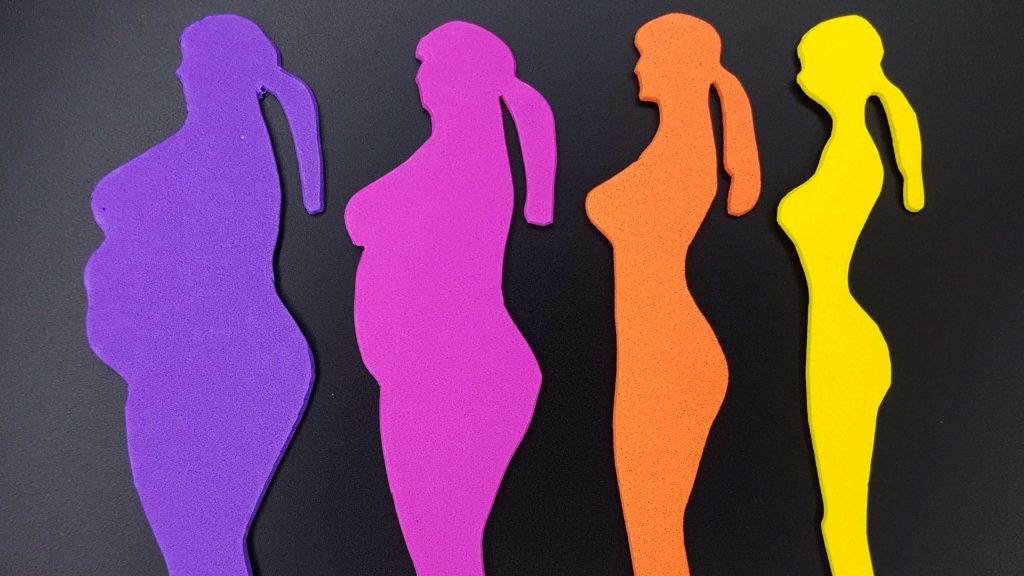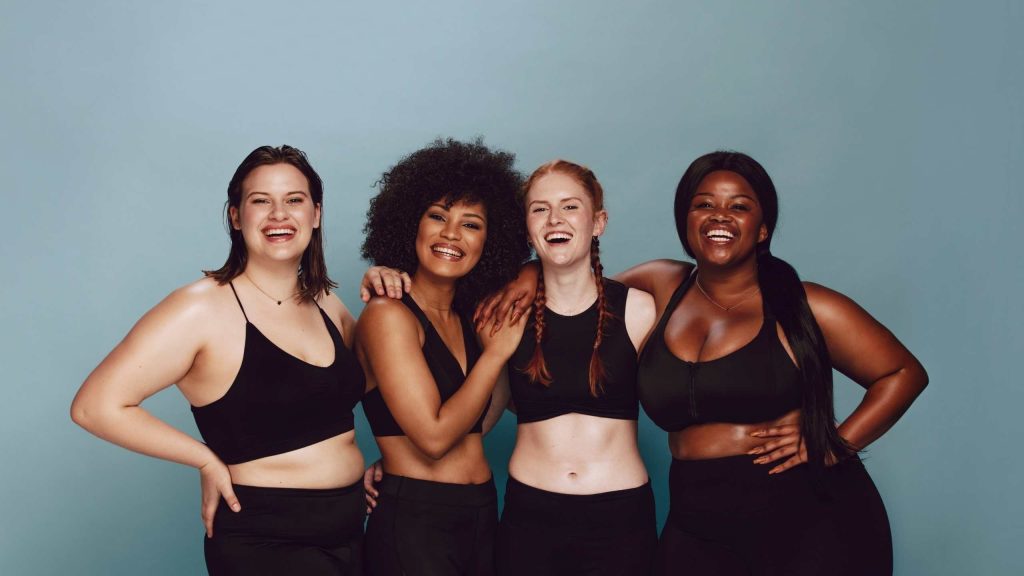Truth is the way we constantly talk about bodies and food can end up causing others and ourselves to drown into negativity. And, no one is immune to the social stigma that dictates what our bodies should or shouldn’t be like. The stigma comes through the cultural idealization of what a body should be like and the language that is used to describe the different types of bodies, and oftentimes the language to label a good body is “slander”, – healthy and the language around the opposite is “fat”, plus size, thick bodies- unhealthy. In most occurrences the language used is used to denote a certain body type, but the message is always clear and that’s what causes people to sink into negativity when its not received well. It exacerbates insecurities about being overweight and underweight and can play a central role in developing unhealthy eating disorders.
When a person gets a comment for how they look or dress it packs a much firmer blow than a blow itself because most people are stressed on how to get a place of self-acceptance and self-love. As such, being told negative remarks about our frames or what they should look like, when they are already not feeling good about them, or rather how they should feel differently can really induce a lot of self-denial, indignity, disapproval, body dissatisfaction, low self-esteem and depression. Many at times the comments are well intentioned and sometimes they will just be trying to give their loved ones a commendation – but the impact can go as unfathomable than what we see outwards.
Rather what we fail to comprehend is remarks on bodies replicate our individual prejudices much more than they echo on the other individual’s wellbeing. It is of paramount importance to use the urges to make the remarks as a prospect to do a self-analysis and inquire oneself where these opinions are evolving from and what the real intent of having to say the words out loud to somebody. It’s not that we don’t see people or notice when their bodies transform, instead push back against the assumption that the comment even from a place of good intention is actually helpful or necessary.
Comments have a virulent impact on a persons’ wellbeing, and after receiving compliments about their bodies some people delve into unhealthy behaviors such as weight gain, weight control measures, purging or binge eating. Such interventions may be extreme and can lead to eating disorders such as, anorexia, bulimia and orthorexia. It leads to severe mental health challenges in the future. It is these prognoses combined with psychological challenges with self-esteem that push someone to drastically alter their appearance or feel compelled to punish their bodies for falling short of the current societal definition of the ideal body.
Above it all, as individuals we should embrace that its okay to not be okay with our bodies because it can really be hard to be content, let alone love the body you are in.

